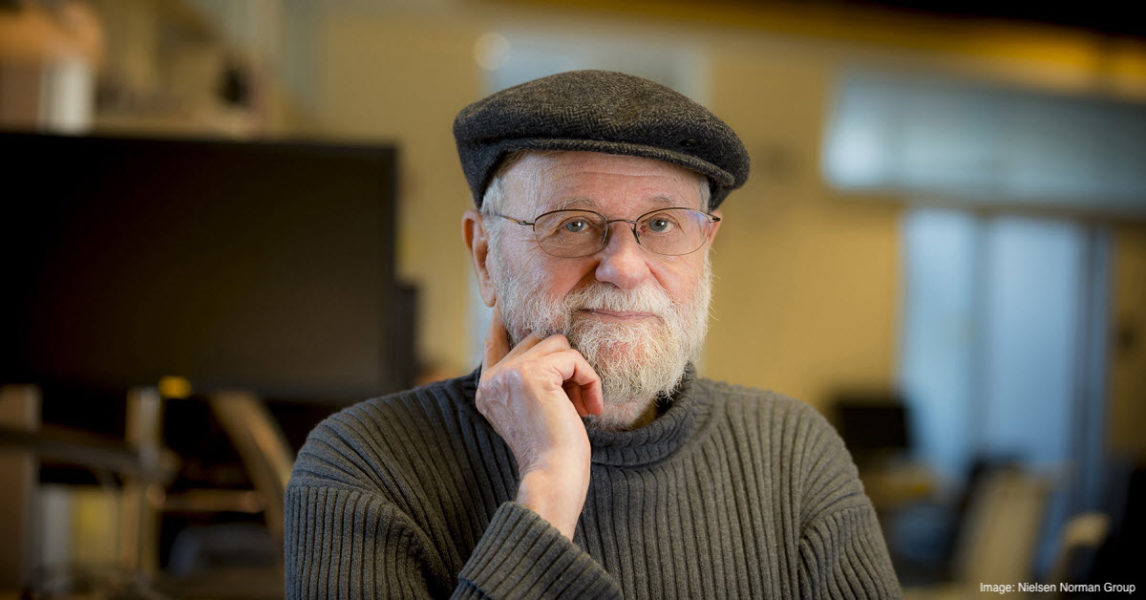Is there a right age to become an entrepreneur? Any age is a good age. The founders of Microsoft, Google, Facebook started their companies when they were very young. Steve Jobs, who founded Apple at an early age, continued to show amazing entrepreneurial capabilities in his second stint at Apple which began in his 50s. Young professionals in their twenties have amazing energy, and understand the pulse of today’s generation. They can conceive products that others with set thinking cannot. The young have no fear of failure. In the thirties, one has a good blend of work experience, drive, network of contacts and knowledge of the business. Those in the forties and fifties have significant experience, busi- ness connections, understanding of the market, and financial security to risk a start-up. A younger entrepreneur may be more hands-on and seek mentors to provide a guiding hand and connections. Someone older might operate more like a Chief Mentor and get a young, smart team to execute.
Is it necessary for an entrepreneur to have some experience? Is it better to get this at a small company or a big one? The right experience in technologies and domain related to your idea can be a significant advantage. Learning happens in any sized company. By working in an early stage company, you will have lived the pressures and dynamics of building a product ground-up. You understand the importance of being flexible and adapting the product based on early user inputs and competition. At a larger company, you will have experienced a mature organization structure, with different teams focused on specific objectives (engineering, support, sales, marketing and operations). You understand the importance of collaboration, brand building and continuous product innovation to stay ahead of the competition.
Should the founders develop a product related to their previous job? You must be very clear about the terms of the Non-Disclosure Agreement (NDA) signed with your previous employers. Any work, including, but not limited to research, algorithms and source code, that you did for your employers, belongs to them. Even information such as client and employee lists, salaries, contracts, is con- sidered highly confidential. When you exit the company, do not take away anything related to work, whether in printed or electronic form. If you are a relatively senior person in the company, and start a new endeavour in the same space, your previous employer may keep a close watch. This is especially true if your company becomes their competitor. It is best to pick an area that leverages your technical expertise, but is in a different space from your previous company. Maintain a document that is a dated record of how you conceived and built the product. This will enable you to file for patents or contest any legal challenge. NDAs generally restrict any solicitation of employees for at least one year. If several founders worked in the same company, ensure that you did proper suc- cession planning and your exits were non-disruptive. It is best to maintain good relationships with your previous employer. They are part of your professional network, and they could come handy in the future.
Does it help if the founders have worked together for some time? This can be a significant asset. You will have experienced pressure situations together, and learnt to understand each other’s approach and thinking. There is mutual trust and no ego issues. It is good if the founders have relatively complimentary skills and temperaments, but with shared vision and ideals.
Is it okay to include family members amongst the founders or the key team? It depends on whether you want to build a professional organization or a family run business. If the former, any relation or friend should be included purely on merit, meeting the same criteria that you would have from any other founder or hire. Involving a close family member or friend has its merits and pitfalls. A significant advantage is that you know the person, perhaps share a close bond, and have mutual confidence. However, family members and close friends often have in-built expectations from each other. These may be in conflict with deci- sions that need to be taken for the benefit of the organization. At times, other employees may perceive, rightly or wrongly, that family members were granted extra privileges or favours. While many successful companies have been founded by related individuals, there are equally spectacular examples of feuds in family owned companies.
Should the founders and initial team work from a founder’s home? Working from home is fine in the initial days while the prototype is being built. It helps if part of the home can be set up as a small office. However, it is best to shift to an office once there are more than 3-4 people. Working in a start-up means long hours and stress, and separating home from office is important. Home should be a place where you can unwind and leave the cares of work behind.
Reprinted from From Entrepreneurs to Leaders by permission of Tata McGraw-Hill Education Private Limited.




